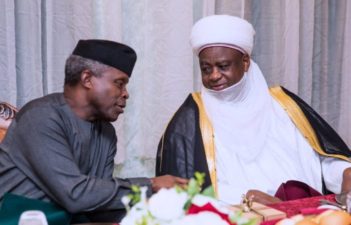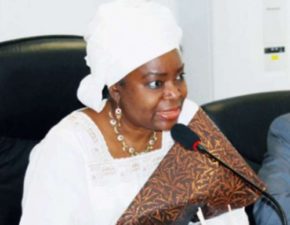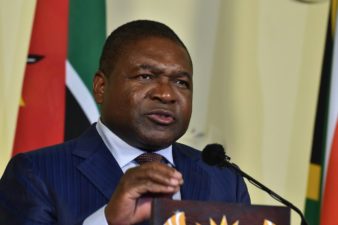*Reveals consequence of silence over fear of losing appointment
“That is the reason why, in particular, judges are given this special consideration of respect and regard: they are supposed to play justice; they are not supposed to compromise and be doing all these kind of funny things that we are seeing, delivering judgments through Zoom.”
By OUR REPORTER
Nigeria-based civil society activist of international repute, Mallam Auwal Ibrahim Musa Rafsanjani, has explained the reason community and religious leaders in the country have had to lose their integrity and respect.
He said it was so because they lowered themselves to political leaders and thus lost the emblem of truth in calling them to order.
The Executive Director of the Civil Society Legislative Advocacy Centre (CISLAC), who was speaking on Channels Television’s Sunrise Daily on Monday, bemoaned that communities and religious leaders who ought to uphold justice and serve as beacons of truth in society have become ‘beggars’ for political favour.
“In the past, we all knew how our grandparents stood for the truth. They would face a governor, a minister, a local government chairman, a director, or a president and tell him the truth, not in an abusive way but in a very corrective way.
“Now tell me, who do you see speaking the truth to our leaders, whether privately or openly? We hardly see those things happening and that is why now you will see that religious leaders have practically become (with due respect) beggars.
“A governor will call them and they will rush to come to him. In the past, a governor would have to come to community leaders or religious leaders in whatever capacity they found themselves. Now they are running after the government house all the time or running to come to the villa,” he said.
“I think that has grossly undermined the integrity and capacity they are supposed to have and also caution leaders when they are doing wrong things.”
Rafsanjani criticised the Nigerian elites who appear to have lost their bearing in their fight for justice, adding that materialism has taken over many people’s consciences and weakened the integrity of the entire system.
According to the human rights activist, rather than condemning the actions of the political elites, religious leaders have kept mute and asked their people to pray for their oppressors.
“Most people that are in the position to speak the truth, you tell them they are not speaking the truth or they are simply being quiet,” he said.
“This is a major challenge and you can look at it from different stakeholders in Nigeria. Religious leaders who are supposed to tell the truth sometimes just decide to keep quiet and ask their followers to pray for oppressors. Community leaders are also in the same shoes.”
Rafsanjani also stated that the country will suffer if every Nigerian remains silent for fear of not being appointed to public office.
“If every Nigerian now will have to keep quiet because he or she is afraid that they will not give him an appointment, money, or table, then we are in trouble,” the country head of Transparency International said.
“That is the reason why, in particular, judges are given this special consideration of respect and regard: they are supposed to play justice; they are not supposed to compromise and be doing all these kind of funny things that we are seeing, delivering judgments through Zoom.
Rafsanjani added that the media and civil society must continue to expand and be cognizant of society if traditional people choose to remain mute out of fear of what would happen to their pockets.
Furthermore, he urged the media and civil society to continue standing up for the truth and advocating for change, and he stated that civil society has a responsibility to promote communication and mutual understanding between the government and intergovernmental organizations in order to support efficient government operations.




